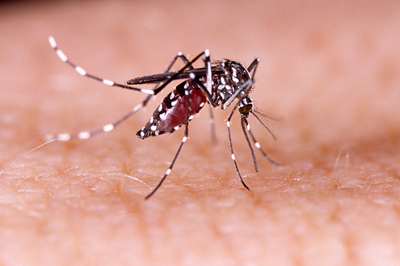Company addresses ‘misinformation and rumors’
By Farms.com Media Team
A recent conspiracy theory that went viral linking Monsanto to cases of microcephaly in Brazil continues to be addressed by the crop-protection company.
The wide distribution of the theory through social media happened despite many health officials saying the cause is the mosquito-borne Zika virus. Not to mention the fact that Monsanto does not produce the larvicide that a group of doctors is apparently blaming for the outbreak of microcephaly.
“University Network of Environment and Health” is the name of the Argentine doctor group that has concluded that the larvicide Pyriproxyfen was the cause of the condition, which causes malformation of the brains and heads of fetuses.
Monsanto countered with its own statement of facts, and commented that “misinformation causes unwarranted fear and distracts from the health crisis at hand and how you can take steps to protect you and your family.”
 |
| Majority of scientists say Zika virus is mosquito-borne. |
The facts distributed by Monsanto:
• Neither Monsanto nor our products have any connection to the Zika virus or microcephaly.
• Monsanto does not manufacture or sell Pyriproxyfen.
• Monsanto does not own Sumitomo Chemical Company. However, Sumitomo Chemical Company is one of our business partners in the area of crop protection.
• Glyphosate is not connected in any way to the Zika virus or microcephaly.
• GMOs have no role in the Zika virus or microcephaly.
“The Zika virus is a tragic and critical health issue,” the company said. “Dealing effectively with such an important health threat requires a focus on the facts.
“As a science-based company working to help meet some of the world’s biggest challenges we support all efforts to combat this health crisis. We hope all efforts will be taken based on the facts, not rumors.”